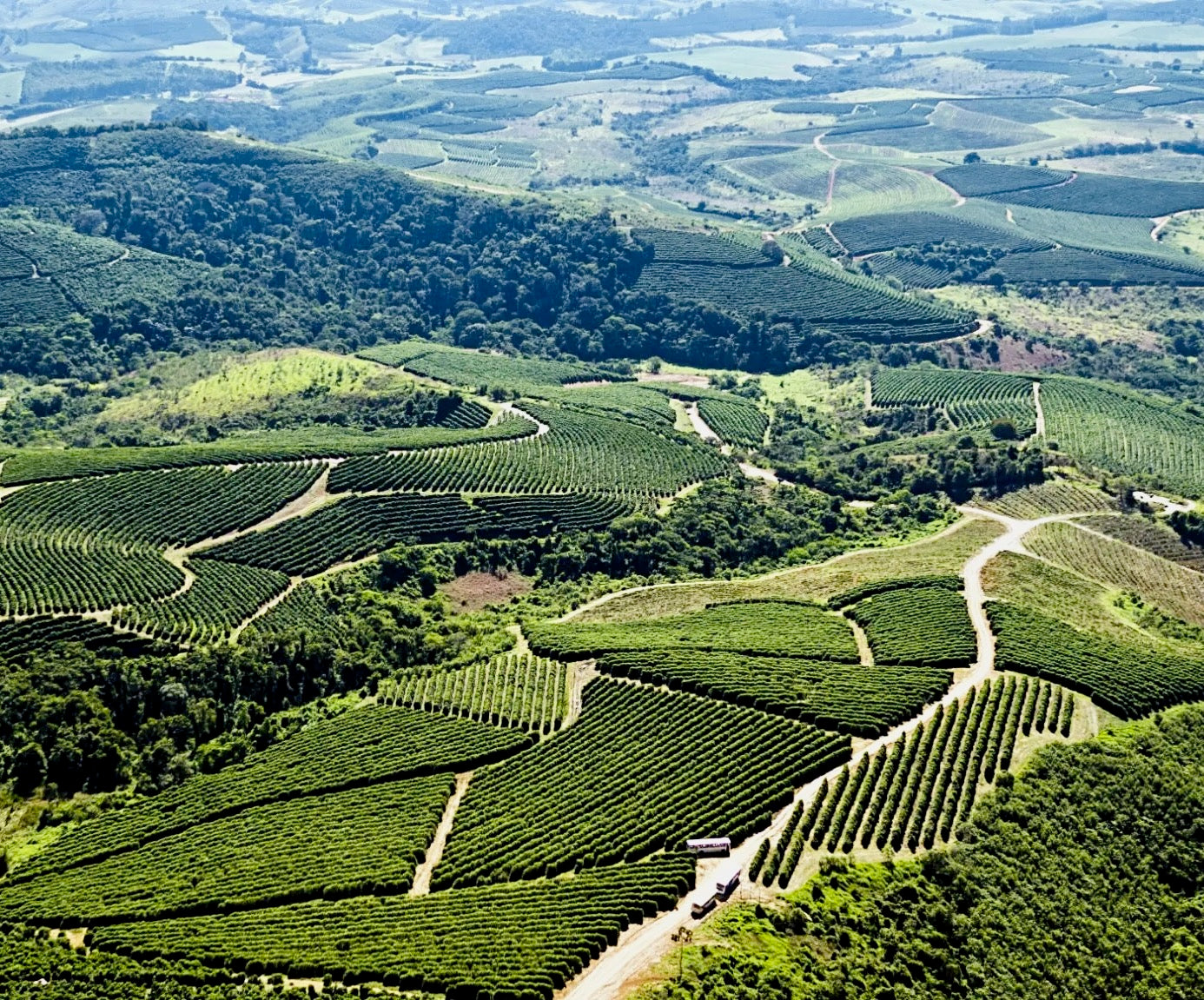Free UK shipping on all orders £18 and over
Brazil Pocos de Caldas EA Sugarcane Decaf



Brazil Pocos de Caldas EA Sugarcane Decaf

A subtly delicious Brazilian, decaffeinated using sugercane-derived ethyl acetate.
Select grind: (Need help? View Grind guide)
Couldn't load pickup availability
Region:
Sul de Minas, Minas Gerais
Producer:
Over 100 smallholder farmers
Processing:
Natural and Ethyl Acetate decaffeination
Varietal (s):
Yellow Bourbon, Catuaí, Catucaí
Altitude:
1, 000 to 1,300 metres above sea level
Sourcing Partner:
Mercanta





